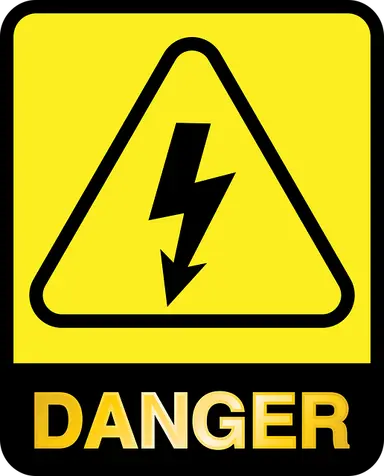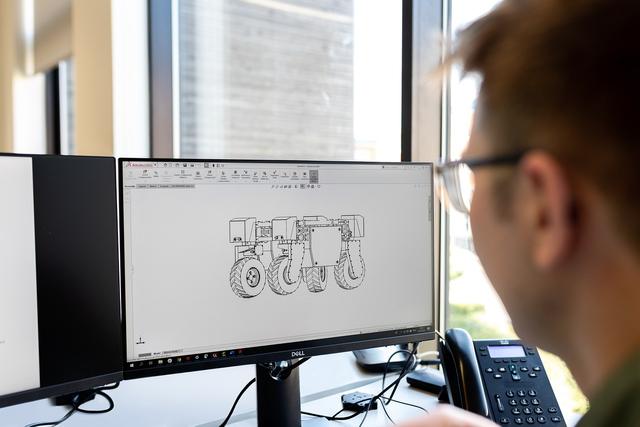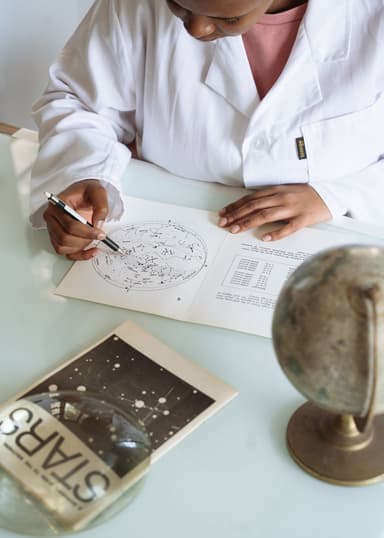Electrical discoveries and inventions (non-statutory)
I can research some important electrical inventions from the past to the present day.
Electrical discoveries and inventions (non-statutory)
I can research some important electrical inventions from the past to the present day.
These resources will be removed by end of Summer Term 2025.
Switch to our new teaching resources now - designed by teachers and leading subject experts, and tested in classrooms.
These resources were created for remote use during the pandemic and are not designed for classroom teaching.
Lesson details
Key learning points
- Throughout history, pioneers in electrical engineering have largely shaped how we live today.
- Science is about thinking creatively to try to explain how things work.
- Ancient Greeks made observations about static electricity which is different to the electricity used in our appliances.
- Electrical pioneers learned how to harness electricity and use it to help us.
- Electrical inventions make some everyday tasks easier.
Keywords
Pioneer - A pioneer is a person who is the first to develop or use a new technology or idea.
Electrical - Something that is electrical is powered by or linked to electricity.
Invention - An invention is something that has never been made before.
Scientist - A scientist is a person who learns about science and carries out enquiries.
Engineer - An engineer is a person who designs and builds things.
Common misconception
Electricity was invented by humans.
Lesson content will teach children about early observations and explanations of natural electricity.
To help you plan your year 6 science lesson on: Electrical discoveries and inventions (non-statutory), download all teaching resources for free and adapt to suit your pupils' needs...
To help you plan your year 6 science lesson on: Electrical discoveries and inventions (non-statutory), download all teaching resources for free and adapt to suit your pupils' needs.
The starter quiz will activate and check your pupils' prior knowledge, with versions available both with and without answers in PDF format.
We use learning cycles to break down learning into key concepts or ideas linked to the learning outcome. Each learning cycle features explanations with checks for understanding and practice tasks with feedback. All of this is found in our slide decks, ready for you to download and edit. The practice tasks are also available as printable worksheets and some lessons have additional materials with extra material you might need for teaching the lesson.
The assessment exit quiz will test your pupils' understanding of the key learning points.
Our video is a tool for planning, showing how other teachers might teach the lesson, offering helpful tips, modelled explanations and inspiration for your own delivery in the classroom. Plus, you can set it as homework or revision for pupils and keep their learning on track by sharing an online pupil version of this lesson.
Explore more key stage 2 science lessons from the Changing circuits unit, dive into the full secondary science curriculum, or learn more about lesson planning.

Equipment
Access to secondary sources of information about electrical inventions.
Content guidance
- Exploration of objects
Supervision
Adult supervision recommended
Licence
Starter quiz
6 Questions




Exit quiz
6 Questions





